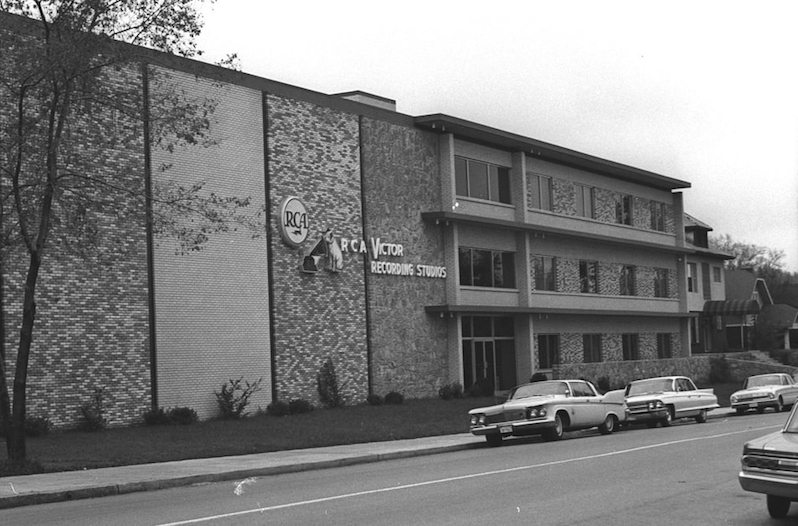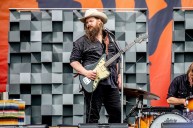In a major win for music history, RCA Studio A has a classic renovation coming its way. The famous Nashville studio on Music Row became the birthplace of hits through the 1960s and beyond.
Videos by Wide Open Country
Now, Nashville-based Anderson Design Studio wants to return the space to its classic retro feel. The company just announced a $500,000 renovation aimed at returning to its 1960s heyday. That means largely redoing office space, co-working space and a smaller studio.
The famous recording studio portion of the building should stay mostly the same. But in a tribute to its glory days, the company will hang a replica "RCA Victor" sign out front for all to see.
"What we're talking about is paying homage to the environment that Chet [Atkins] and Owen [Bradley] envisioned when they built this, and when they worked here," preservationist Aubrey Preston says.
The design company plans on installing a new 60s style terrazzo floor in the lobby. And, of course, new furniture is on its way. Every piece in the renovation aims to recapture the office's classic vibe.
In order to ensure authenticity, Preston also hired a researcher. Writer and historian Brenda Colladay is investigating the recording history of the studio. And to add to all the coolness, an RCA Studio A book is in the works.
In 2014, a developer actually planned to destroy it and build condos. However, Preston stepped in to save the studio space from destruction.
The community rallied around historic places along Music Row, using RCA Studio A as the template, and producer Dave Cobb now manages the space. Since its saving, the studio birthed music from artists like Chris Stapleton, Jason Isbell and even Maren Morris.
With its return to recording form, it only makes sense to give it the visual facelift it deserves.
Chet Atkins and Owen Bradley opened RCA Studio A after the massive success of what's now known as Studio B. The plan revolved around expanding the "home of 1,000 hits" next door to a larger space.
Country greats including Willie Nelson, Dolly Parton and Charley Pride recorded at the new Studio A. But soon more independent studios expanded into the area. Record labels stopped specifically owning their own studios. Now, anybody can record in the hallowed rooms of RCA Studio A.




